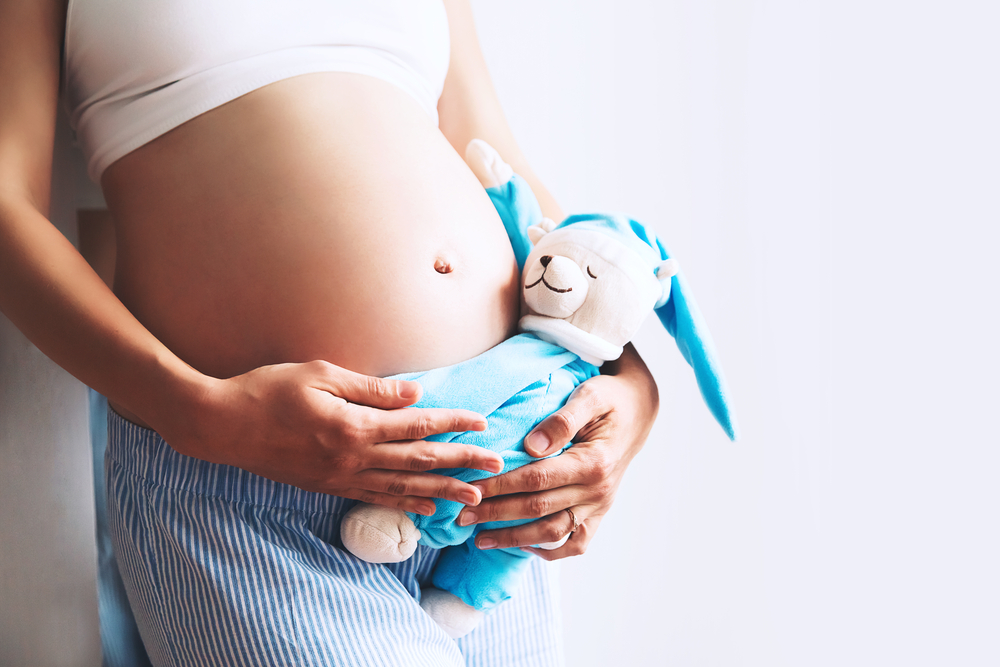Soliris Successfully Treats Pregnancy-related aHUS in Case Report
Written by |

Soliris (eculizumab) can be used successfully to treat patients with pregnancy-related atypical hemolytic uremic syndrome (aHUS) complicated by kidney, cardiac, and birth complications, as illustrated by a recent case report.
The case also highlights the importance of keeping in mind that pregnancy is one of the key triggers of aHUS, researchers say.
The report, “Pregnancy-related atypical hemolytic uremic syndrome with renal, cardiac and obstetric complications and a satisfactory recovery: a case report,” was published in the journal Renal Failure.
aHUS is a rare disease that can cause blood clots in the small blood vessels of the kidneys, potentially leading to kidney damage and failure. The disease typically results from the dysregulation of the complement system, which is part of the body’s immune system.
Many factors can trigger aHUS, including pregnancy, certain medications, autoimmune diseases, and infection. Pregnancy-related aHUS can cause several complications during pregnancy and after birth.
Here, investigators described the case of a 19-year-old woman who developed pregnancy-related aHUS and was successfully treated with Soliris.
She was 23 weeks pregnant when she was hospitalized with a fever and low blood pressure.
At admission, her blood creatinine levels, a marker of kidney malfunction, was elevated at 1.76 mg/deciliters (normal range is 0.5–1.1 mg/dL), and her platelet count was low at 65×103 platelets per microliter (normal: 150–400 x 103 platelets/mcL).
Red blood cell fragments were detected, leading to a diagnosis of thrombotic microangiopathy, a group of conditions, including aHUS, that is characterized by the formation of blood clots in small blood vessels throughout the body, particularly in the kidneys.
The patient then began plasma exchange treatment, which failed to improve her low platelet counts and kidney dysfunction.
She underwent hemodialysis and a kidney biopsy after doctors found progressive kidney failure and the presence of excessive fluid in her blood.
After ruling out preeclampsia/eclampsia, HELLP syndrome, and other disorders that may mimic aHUS, physicians finally diagnosed the patient with pregnancy-related aHUS.
The woman underwent an emergency C-section at 25 weeks of gestation after an ultrasound revealed her unborn child was in fetal distress, and was expected to initiate treatment with Soliris three days after giving birth.
Around 60 hours after giving birth, the patient developed sudden respiratory failure and was admitted to intensive care. An echocardiogram revealed several heart issues, including diminished left ventricle function and reduced heart muscle contractions. The left ventricle is the left lower chamber of the heart that is responsible for pumping blood to the entire body.
She was started on hemodialysis and ultrafiltration and her respiratory symptoms eased within hours. Treatment with Soliris was then initiated, further improving her condition. However, a genetic test performed at the time failed to identify any aHUS-causing mutations.
The patient received eight doses of Soliris in the first three months following birth. At that point, treatment was terminated due to the patient’s inability to return to the hospital.
Seven months after giving birth, the woman had not received Soliris for four months and her physical examination, serum creatinine (1.06 mg/dL), platelet levels (230 × 103/mcL), and heart tests were all normal.
“Since her genetic tests were negative and satisfactory recovery is achieved, close follow-up without [Soliris] is planned for the patient,” the investigators wrote.
“Discontinuation of eculizumab with a strict follow-up protocol may be considered in aHUS cases where genetic tests are negative, the triggering factor is eliminated, and after clinical and laboratory improvement has occurred,” the team added.




